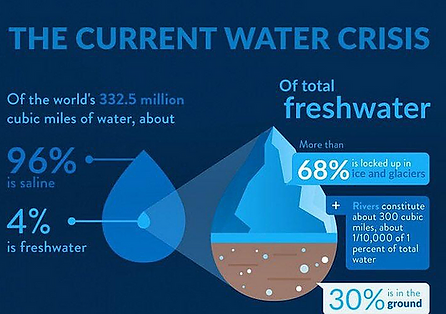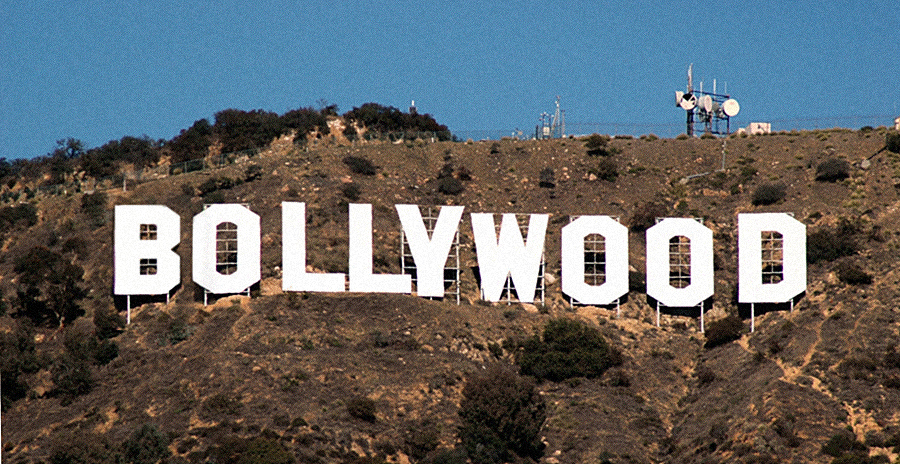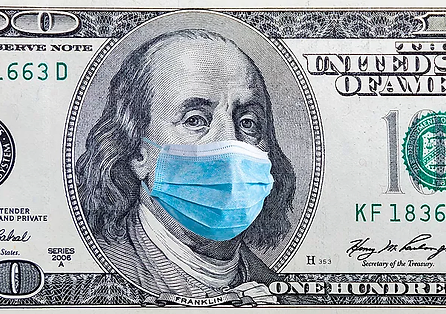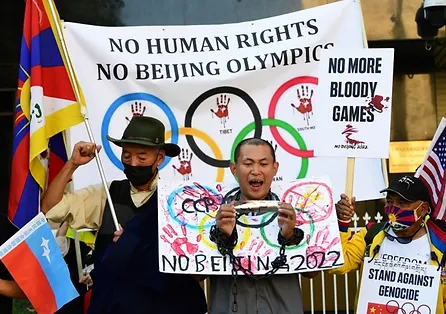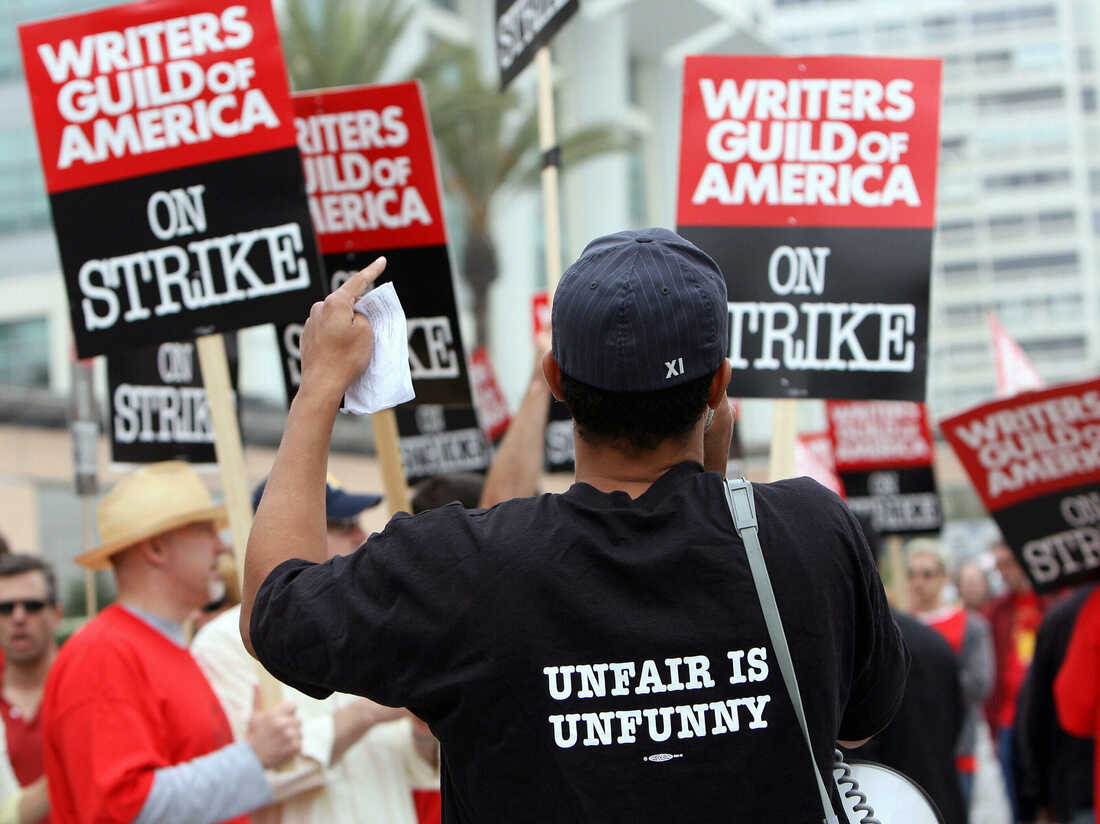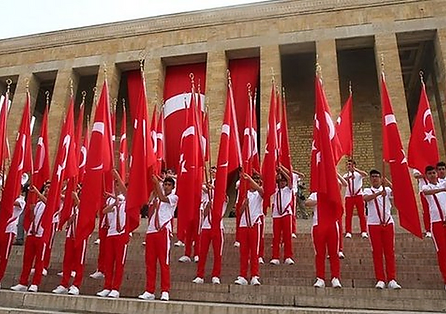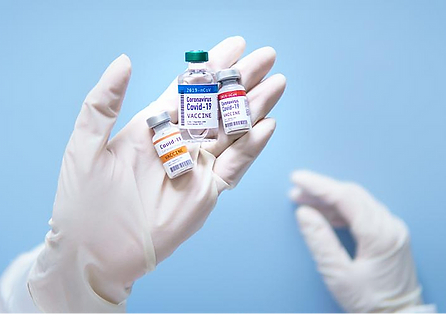
The COVID-19 Vaccines: 2 Main Questions Addressed

The Effectiveness of the Vaccines:
Perhaps the most important hot topic about the COVID-19 vaccines is their effectiveness. Even though many people think that vaccines provide 100% protection from a disease, they never do. Each vaccine developed for COVID-19 has a unique protection percentage, which is determined upon the test trials. This fact, combined with the fact that numerous countries and companies are developing different vaccines, makes people think which vaccine is the most protective and effective one. There is too much wrong information and controversy about this issue, so we found out the real efficiencies of the most used 5 vaccines:
Pfizer: Pfizer announced that their vaccine has an efficiency of 95%. Additionally, their vaccine is said to be more or less equally effective for people of all ages and ethnicities.
Moderna: Moderna’s vaccine has a slightly lower efficiency of 94.1%. It is also slightly less effective for people aged +65. For this age group, the effectiveness of the vaccine is only 86.4%. However, the company claims that this data is a result of the low number of tests for that age group. Nevertheless, the Moderna vaccine is also equally effective for people of all ethnicities.
SinoVac: This vaccine’s efficiency is perhaps the most controversial one. According to Turkey, the rate is 91.25%. According to Brazil, it is 78%. And Indonesia claims that it is merely 65%. Although all these 3 countries are buying SinoVac vaccines, it seems that this controversy is yet to be uncovered after the utilization of the vaccine upon the general public
AstraZeneca: This vaccine’s efficiency differentiates according to the number of doses. If two full doses are applied to a person, the efficiency is only 62%. However, if the first dose is applied as a half dose, efficiency rises to 90%. Because of this controversial data, scientists claim that more research should be conducted about this vaccine. However, the UK has already approved the usage of the vaccine.
Sputnik V: The initial statement about the efficiency of the Russian state-backed vaccine was 91.4%. It was later raised to 95% in newer statements. However, the efficiency for people over 60 years old is announced to be just more than 90%.
EpiVacCorona: EpiVacCorona, which is the second Russian vaccine, provides an outstanding 100% protection from the virus, according to the Russian Federal Service for Surveillance on Consumer Rights Protection and Human Wellbeing. Developed by the Vector Institute, tests of this vaccine were started in November 2020.
In addition to the efficiencies of the vaccines, the utilization of appropriate transport and storage conditions are also essential. Some vaccines (like SinoVac’s) are easy to store and transport, whereas some others (like Pfizer’s) require more resources and attention for the transportation and storage processes. All these factors should be considered upon deciding which vaccine is “better” or “superior” to the other ones. But beyond all this, there is only one simple fact that everyone must accept. We all have to get vaccinated as soon as we can, both for our own good and for the good of society.
The Distribution of the Vaccines:
As vaccines are demanded worldwide and their production is limited, they are not divided among the countries fairly. By the end of 2020, the European Union and five other wealthy countries that contain only 13% of the global population had ordered half of the vaccines. A shocking example of this is Canada, which is hoarding vaccines for 9 doses per person even though only 2 doses are sufficient. With these rates, Canada is in the first place followed by the United Kingdom, Australia, Chile, Japan, and the United States of America.
On the other hand, countries that have been affected terribly are still in the vaccination queue. According to Duke Global Health Innovation Centre in the United States of America, citizens of rather poor countries might have to wait until 2023 or 2024. Some countries like Zimbabwe and Mexico are also worried about not being able to obtain sufficient vaccines. The time when Zimbabwe can start getting vaccines is uncertain, whereas Mexico could only order an insufficient amount of 20%. These are only two examples of the tens of countries in similar positions.
On the contrary, some countries started to vaccinate their people earlier than the rest of the world. Palau and Israel’s situations are especially different and interesting.
No COVID-19 cases have been reported in Palau. To be clearer, they have no COVID-19 patients at all, and the country is clean. However, they have started their vaccination program with 2800 doses for their 18 thousand citizens, which seemed like a wrong prioritization. In contrast, counties such as India, Iran, and Bangladesh are affected adversely and have a large population needing vaccines immediately.
One other case is Israel. They have already commenced their rapid vaccination schedule. As of the 14th of January, more than 20% of Israelis have been vaccinated. There are two underlying details in this success. Firstly, according to British Daily Mail, Israel offered 140% of the average price to the vaccine companies. Secondly, Israeli PM Netanyahu has made several phone calls to the CEO of Pfizer, Albert Bourla. Unfortunately, in case these news are true, this situation poses a major unfairness between Israel and the poor countries that are affected worse than Israel.
sraeli PM Benjamin Netanyahu Getting Vaccinated
Another issue is distributing vaccines to de-facto independent countries. Since they are not officially recognized by most of the UN members, they are not able to order vaccines directly from the producers. Whether they are recognized by a few countries, they can get the vaccines just from these few countries. For that reason, de-facto states cannot decide which vaccine to buy, which means they are fully dependent on other UN-recognised countries.
Such a country is the Turkish Republic of Northern Cyprus (TRNC), which is recognized only by Turkey. They demand vaccines for their 326 thousand citizens. Because of the embargoes, TRNC is only able to get what Turkey gets. Turkish Cypriots are lucky as they have made a deal with Turkey for 300 thousand SinoVac COVID-19 vaccines, yet some states like the Transdniestrian Republic, which is not recognized by any UN members, are still hopeless.
The final problem is the storage of the vaccines. Vaccines that are produced by the new technology, called mRNA vaccines, have to be stored in difficult-to-maintain conditions. For instance, the Pfizer-BionTech vaccine has to be kept at -70 oC, and for Moderna, this is -20 oC (one month without refrigeration). They need to be transported in special cases that are also very expensive. Unlike them, SinoVac can be stored between 2 oC and 8 oC, so it is much easier and cheaper to store and transport. Consequently, SinoVac is the best solution for places where storage is challenging and budget is limited.
As a conclusion, hopefully, we are finally getting to the end of the COVID-19 pandemic. Having reached the milestone of vaccination, we saw the two questions that arose in all our minds. By the end of this article, we hope that your mind is clearer about these issues. Stay healthy, stay cautious, and stay hopeful!
REFERENCES
https://www.dailymail.co.uk/news/article-9115127/How-Israel-leaped-ahead-vaccine-race.html
https://www.washingtonpost.com/world/2021/01/05/palau-coronavirus-vaccines-operation-warp-speed/
https://en.wikipedia.org/wiki/Northern_Cyprus
